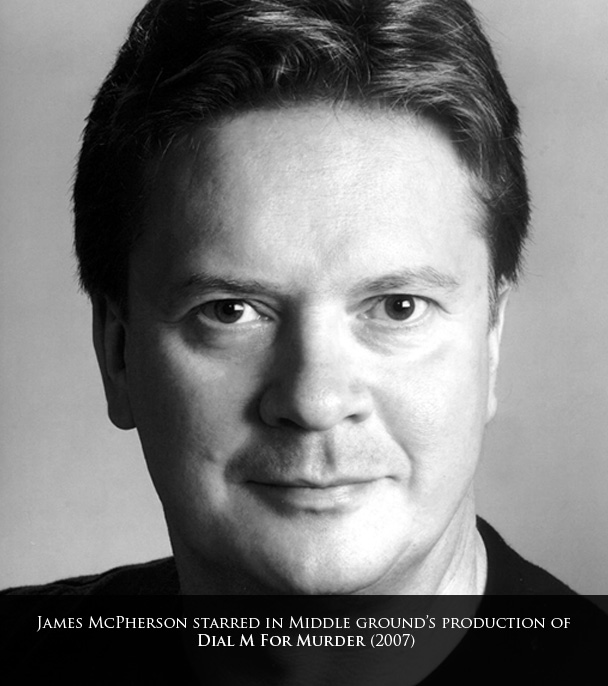
Although only 20 percent of the soldiers avowed explicit proslavery purposes in their letters and diaries, none at all dissented from that view. They took slavery for granted as one of the Southern 'rights' and institutions for which they fought, and did not feel compelled to discuss it. Slavery was less salient for most Confederate soldiers because it was not controversial. Emancipation was a salient issue for Union soldiers because it was controversial.

There is a ready explanation for this apparent paradox. Ironically, the proportion of Union soldiers who wrote about the slavery question was greater, as the next chapter will show. As one might expect, a much higher percentage of soldiers from slaveholding families than from nonslaveholding families expressed such a purpose: 33 percent, compared with 12 percent. In fact, only 20 percent of the sample of 429 Southern soldiers explicitly voiced proslavery convictions in their letters or diaries. 109–110Ĭontexto: It would be wrong, however, to assume that Confederate soldiers were constantly preoccupied with this matter.

Of special interest is the final essay, entitled "What's the Matter With History?", a trenchant critique of the field of history today, which McPherson describes here as "more and more about less and less." He writes that professional historians have abandoned narrative history written for the greater audience of educated general readers in favor of impenetrable tomes on minor historical details which serve only to edify other academics, thus leaving the historical education of the general public to films and television programs such as Glory and Ken Burns's PBS documentary The Civil War.Fuente: 1990s, For Cause and Comrades: Why Men Fought in the Civil War (1997), pp. Lee, a brilliant general and a true gentleman, yet still a product of his time and place and Abraham Lincoln, the leader and orator whose mythical figure still looms large over our cultural landscape.Īnd McPherson discusses often-ignored issues such as the development of the Civil War into a modern "total war" against both soldiers and civilians, and the international impact of the American Civil War in advancing the cause of republicanism and democracy in countries from Brazil and Cuba to France and England. Grant, struggling to write his memoirs with the same courage and determination that marked his successes on the battlefield Robert E.


McPherson offers memorable portraits of the great leaders who people the landscape of the Civil War: Ulysses S. Filled with fresh interpretations, puncturing old myths and challenging new ones, Drawn With the Sword explores such questions as why the North won and why the South lost (emphasizing the role of contingency in the Northern victory), whether Southern or Northern aggression began the war, and who really freed the slaves, Abraham Lincoln or the slaves themselves.


 0 kommentar(er)
0 kommentar(er)
